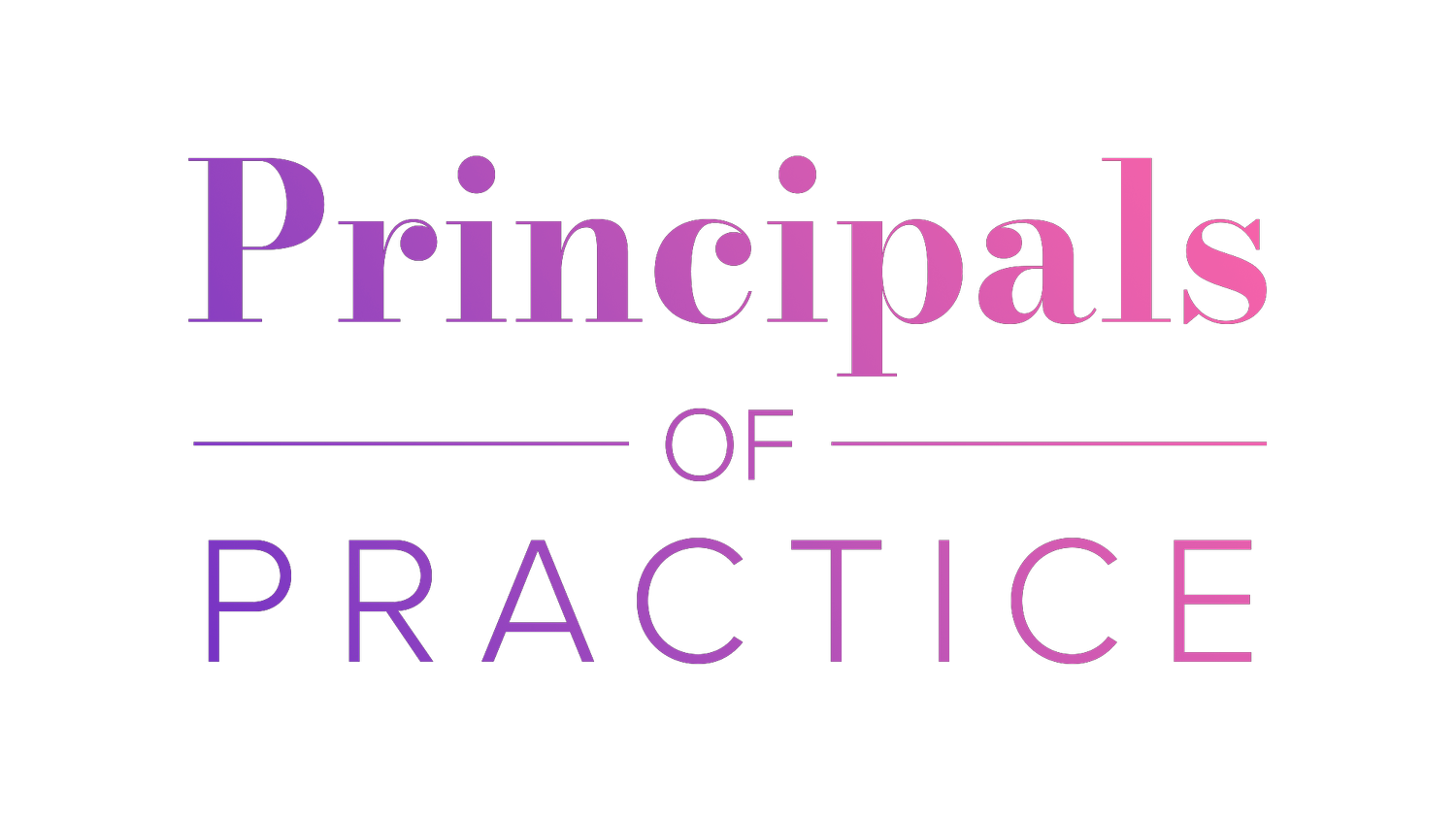Hot mess leadership
I cringe when I recall all the emails I sent over my time spent in private practice asking to postpone a commitment because things are “super hectic,” “crazy busy” or “manic.” No doubt the image that formed in the mind of the recipient was of me in a state of frenzy, hair on end, blouse untucked, shoes off and kicked under the desk, lurching around the office in stockinged feet. Probably not far from the truth, but hardly an image that portrays dignity and leadership.
Of course emergencies do arise and we all feel the pressure to respond to the demands of our clients and stakeholders but I wonder whether in some cases we are missing an opportunity to approach the situation from the mindset of a true leader who is capable of seeing the big picture.
I’ve seen people in leadership positions do amazing things while juggling competing demands. I’ve also observed them lurching from fire to fire to keep on top of what they classify as being urgent while delaying (or dare I say, avoiding) matters that are truly important to them and their organisations. I’ve also seen this show up significantly in my own life.
When I say “important” I mean matters important to development and progress within your organisation, to building deep relationships with team mates and key stakeholders, and for creating organisational culture change.
I’m talking about being clear about your business plan and goals and putting time and effort into that process even though there might not be a looming deadline for this task, cancelling lunch plans with an important stakeholder because a client has unexpectedly shifted a deadline, skipping the gym because you feel you could really use that extra hour on the pitch that is due tomorrow, and (this might just be me, but I suspect it isn’t) failing to leave the house on time due to a maddening compulsion to race around tidying up.
Why can’t we just walk out that front door and leave the mess? Why do we struggle with the big picture? If we go to the gym it might actually be the break we need to look at the pitch with fresh eyes. Why do we sacrifice our own opportunities to meet a client’s shifting demands and why don’t we give our own professional interests the priority they deserve?
Are we concerned about people thinking we are messy, lazy, disagreeable or selfish? Are we concerned the client won’t give us more work if we push back? Have we really stopped to think about how we are actually being perceived because of the choices we are making?
We might think the person we have turned down for lunch will see us as dedicated and hard working – but she could equally view us as being disorganised and ungrateful for the time she has allocated to share with us.
By repeatedly failing to honour our personal commitments (like health and wellness) we are missing an opportunity to create an enhanced work culture. And when we are routinely late for work and meetings because we can’t control that urge to tidy the house, or because we try to squeeze that extra little task into our already full schedule, we are missing an opportunity to demonstrate that we are reliable, trustworthy and present.
While there’s no dispute that some in leadership positions are simply busier than others and take on more responsibilities in the home and more voluntary opportunities in the workplace, what impact does this juggling act have on how others view them?
We might assume that to prioritise personal and professional development while a deadline is looming would be selfish on the basis that others within the organisation would have to pick up the slack for that hour or so. But I’m not sure that is the case, especially if you aspire to be a leader so that you can create a better workplace.
If you are faced with a decision as to whether you should put your own development ahead of something else, whether it’s an accelerated client deadline or stacking the dishwasher before you leave the house, ask yourself, “If I choose to prioritise this, what opportunity for relationship building, trust earning and organisational change am I saying no to?”

